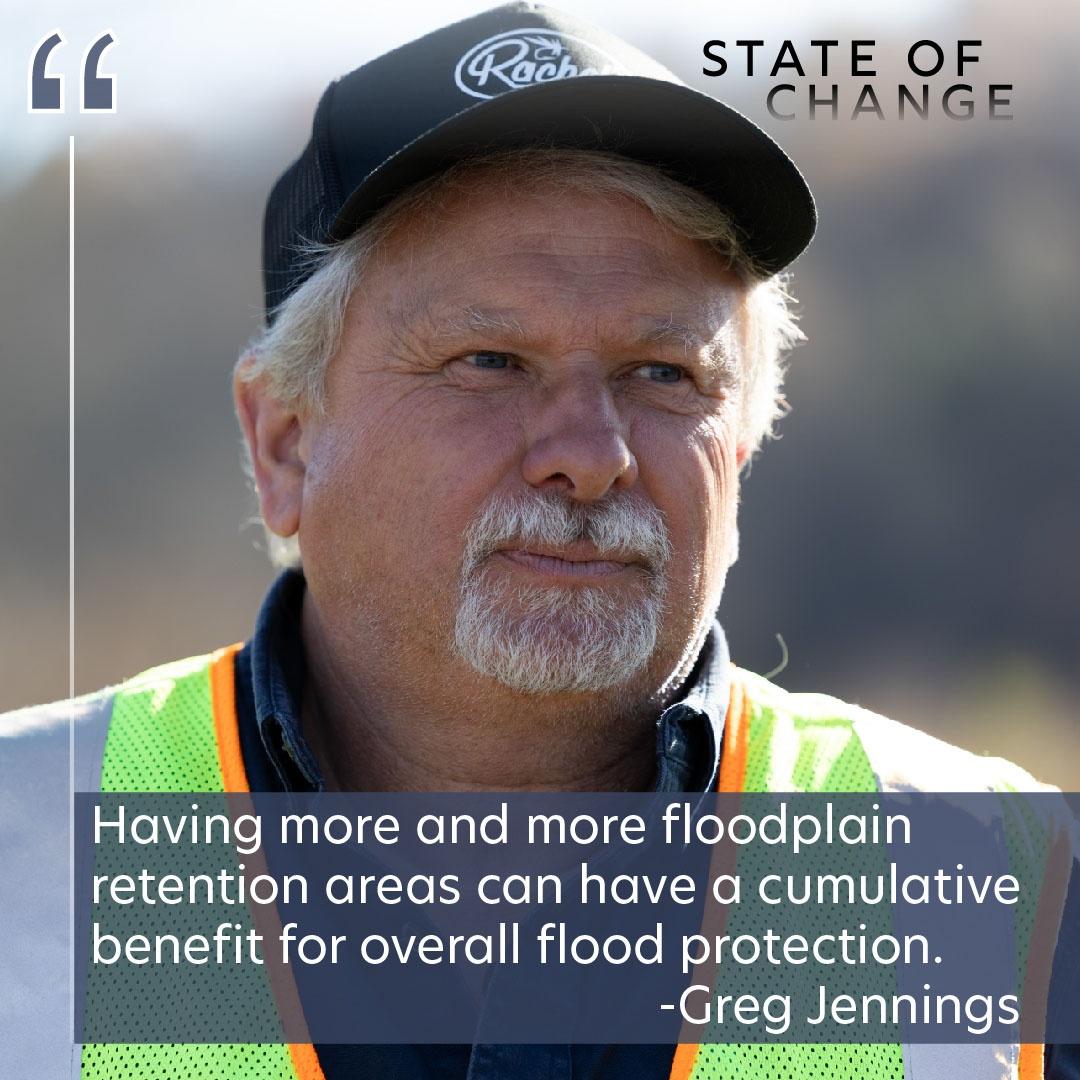
Bringing Back the Floodplain
Humans have changed how the French Broad River flows and floods. Now, the Henderson County nonprofit Conserving Carolina is restoring it one property at a time.
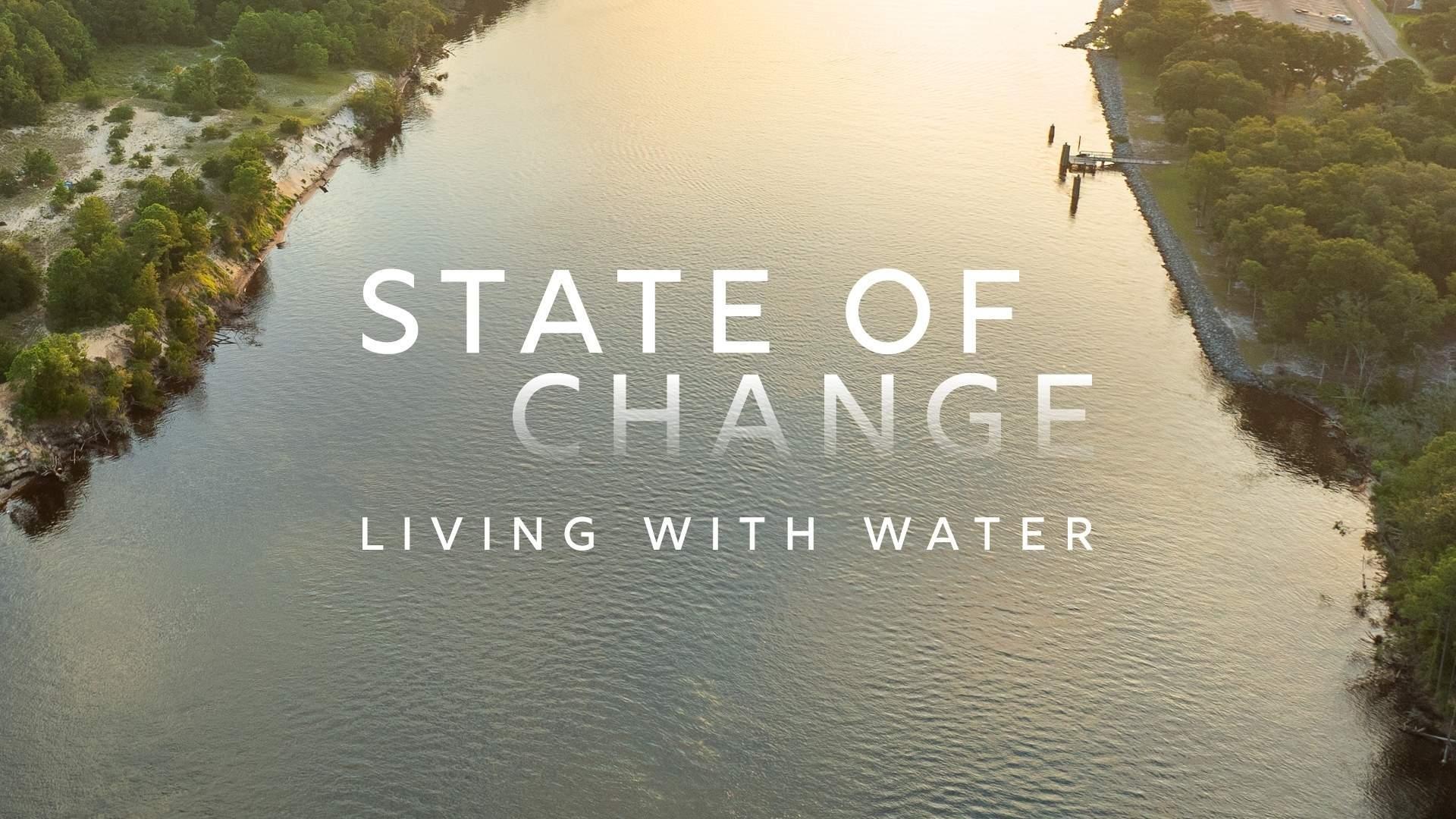
State of Change: Living with Water explores how NC communities are returning waterways to a natural state to address the impacts of climate change. Stories include how the Battleship North Carolina modified its marshy surroundings to adapt to rising sea levels, how Conserving Carolina is working to restore floodplains in western NC and how the Coharie Indian Tribe is reconnecting with the river they’ve lived on for centuries.
State of Change is part of the Pulitzer Center’s Connected Coastlines reporting initiative.
State of Change: Living with Water premiered Thursday, 4/17, 8:30 PM on PBS NC and the PBS app. Find additional airtimes across PBS NC & the North Carolina Channel on our TV Schedules page.

Hear from North Carolinians in these stories about climate change effects & innovative solutions across the state.

Humans have changed how the French Broad River flows and floods. Now, the Henderson County nonprofit Conserving Carolina is restoring it one property at a time.
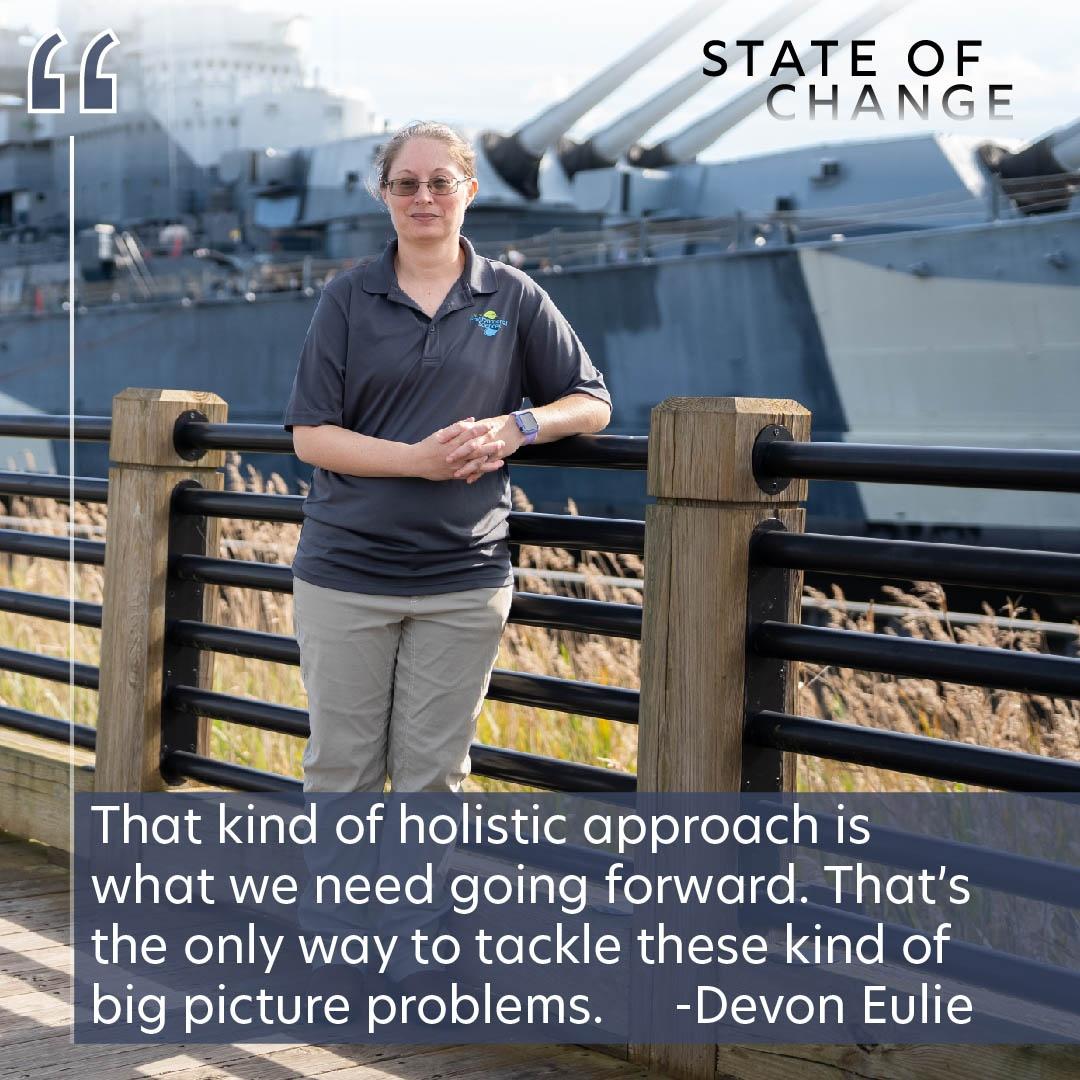
Off the coast of Wilmington, NC, the Battleship North Carolina team turns to innovative natural solutions to protect the ship from frequent flooding and rising sea levels.
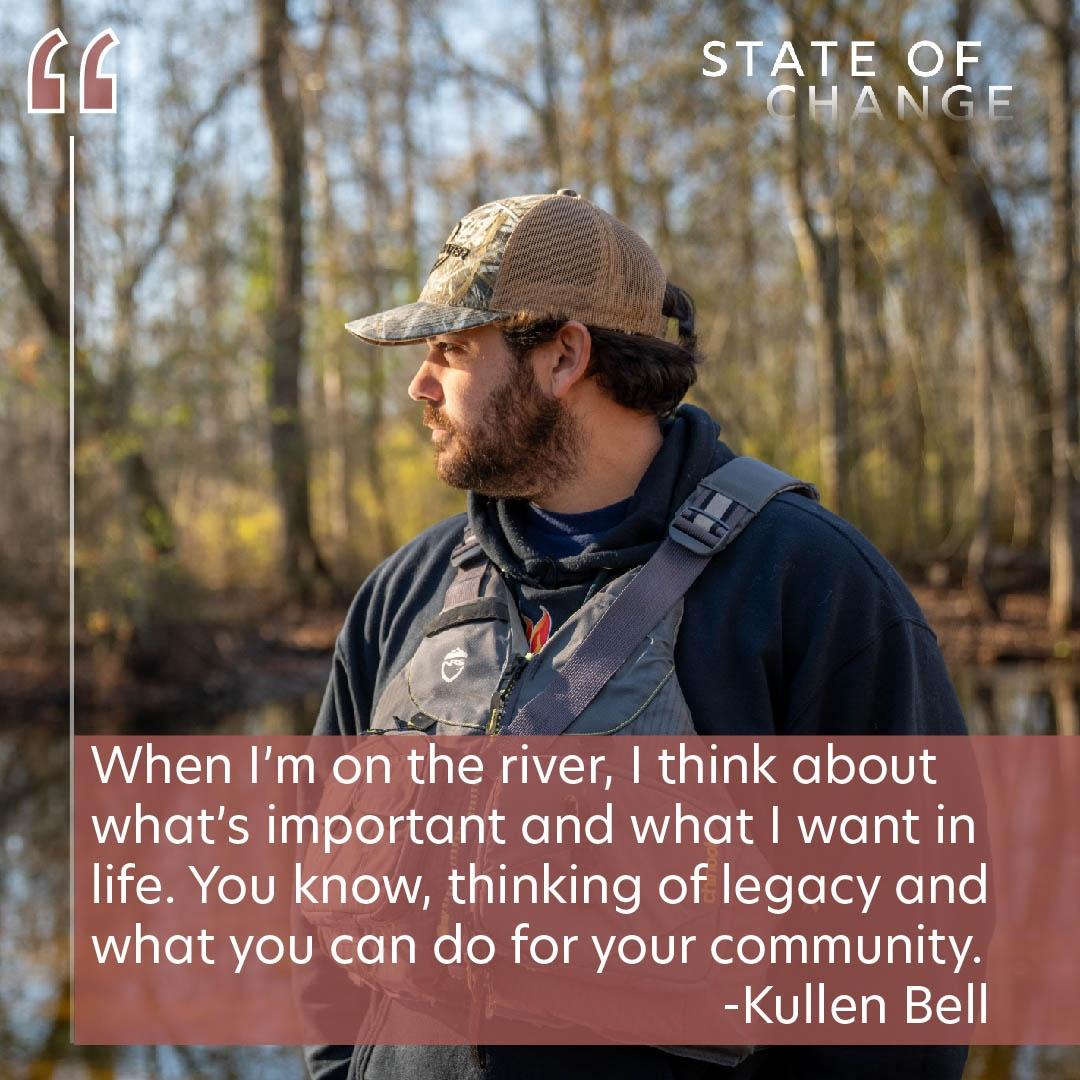
The Coharie Tribe has lived on the Great Coharie River for centuries. Can a new initiative help reconnect the next generation to the water and their culture?
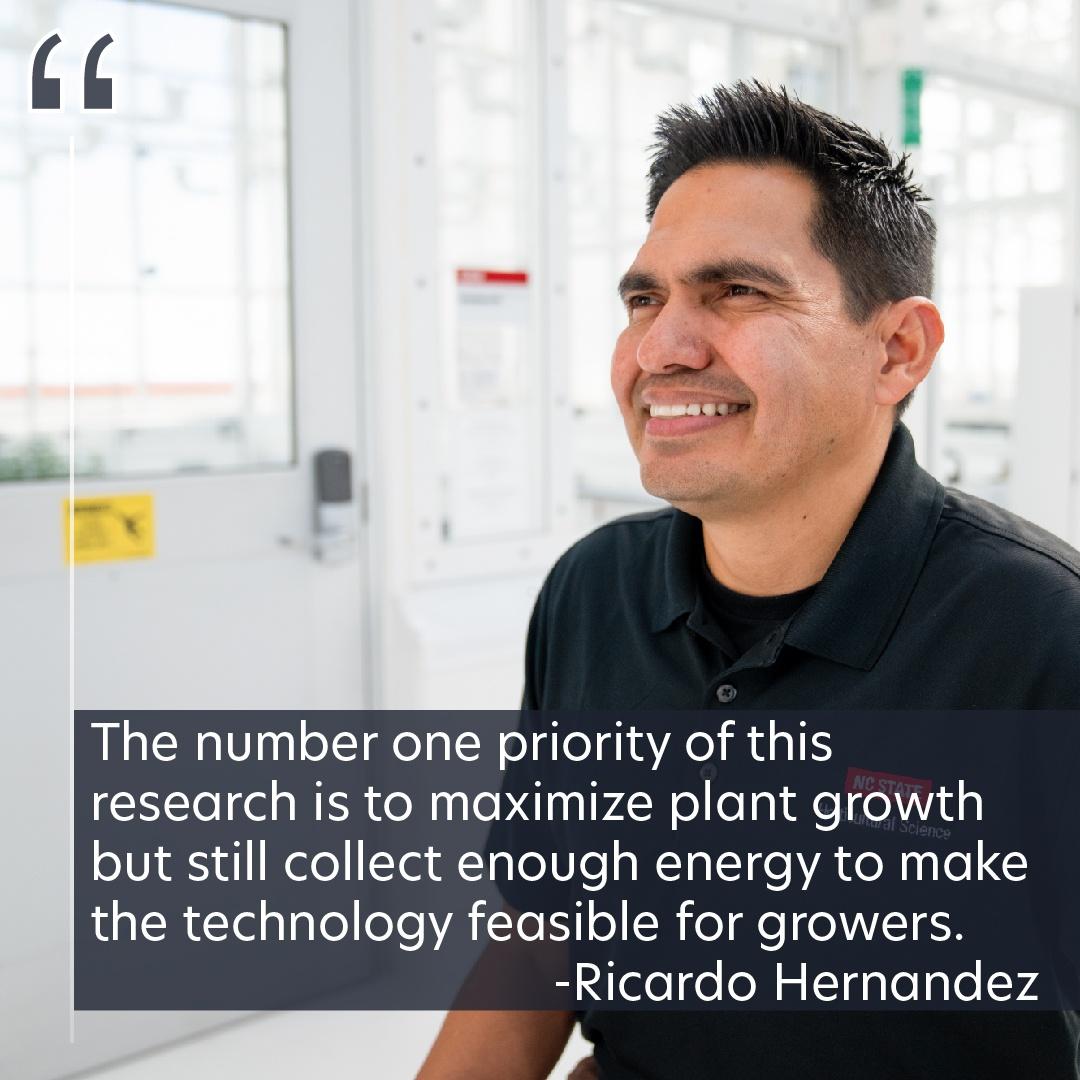
Farmland is being lost to development at an alarming rate. What if solar energy could provide farms with steady revenue and share the field with valuable crops?
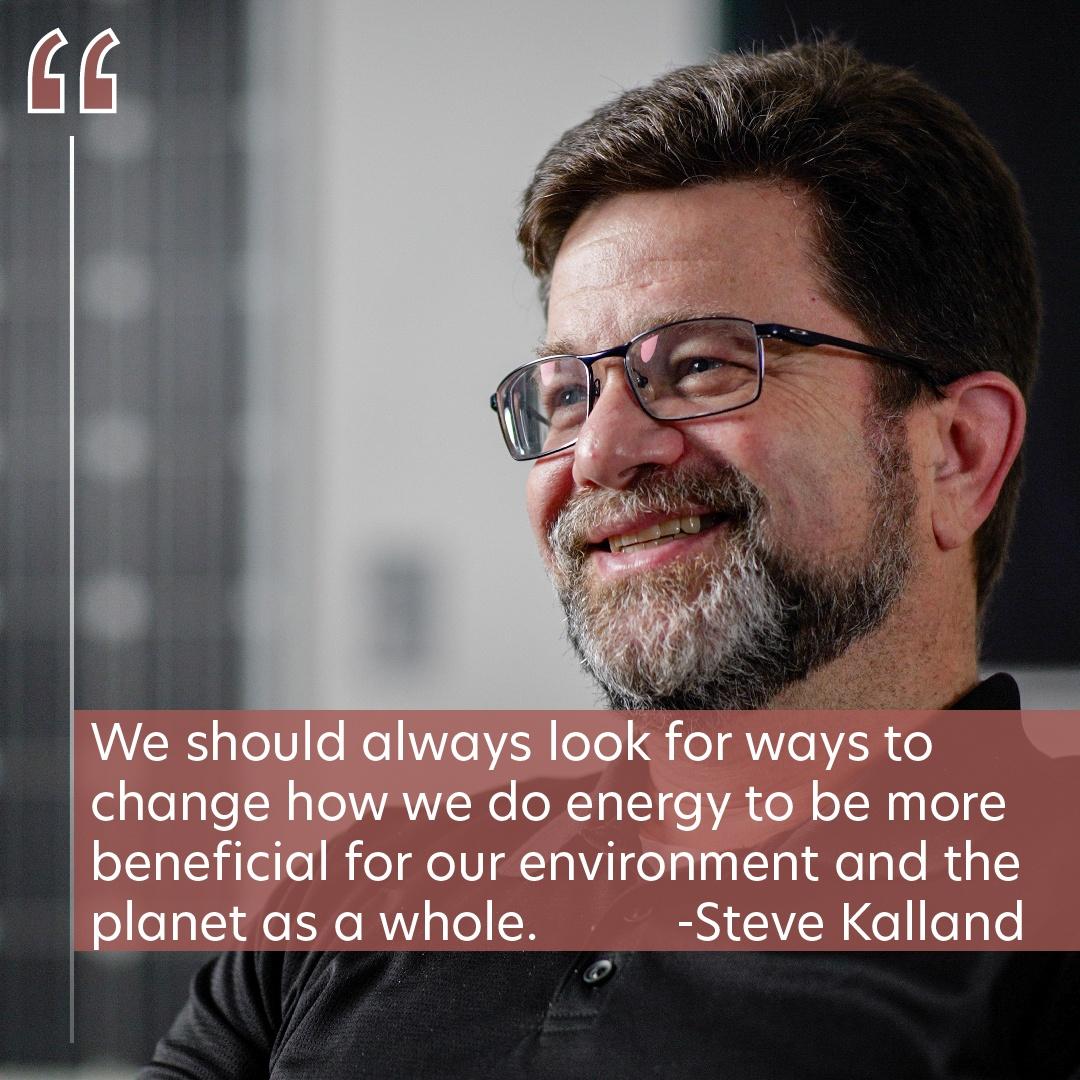
PBS NC producer Michelle Lotker and clean energy expert Steve Kalland of NC State discuss solar energy production in North Carolina and look toward the future.
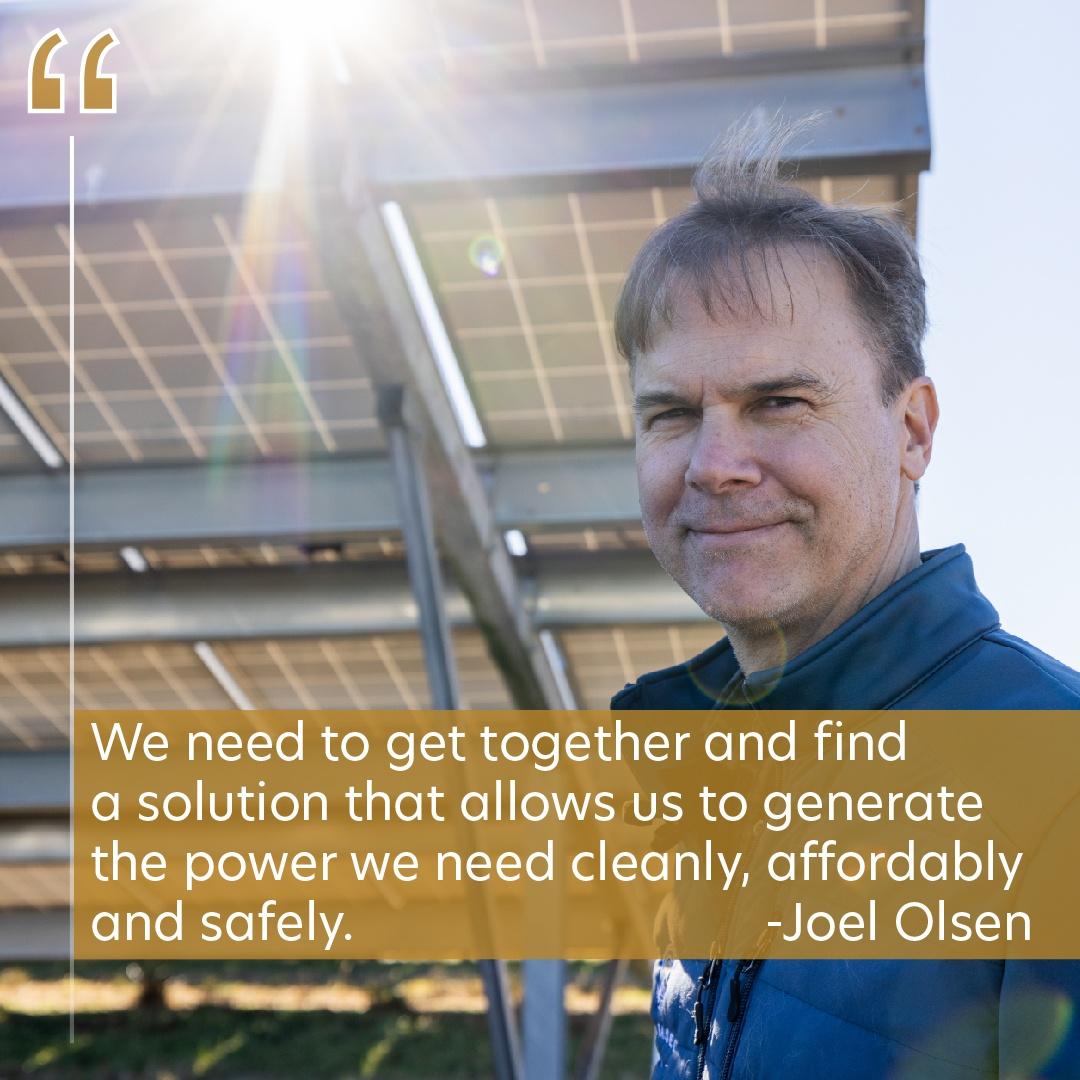
A farm in Biscoe, NC, generates renewable energy while its sheep keep the grass trimmed without gas-powered machinery, a win-win for climate change resilience.
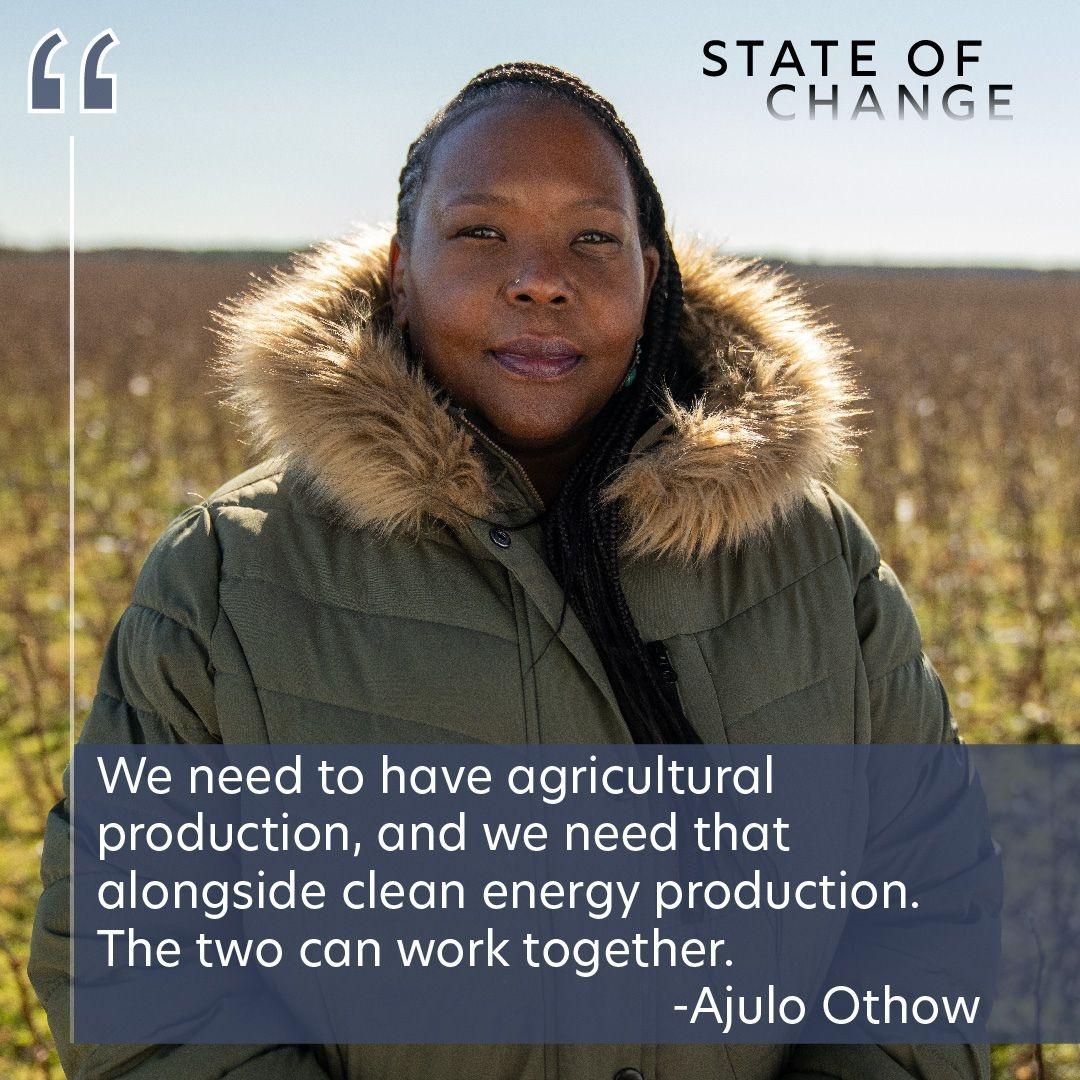
Can farming and solar-energy production coexist? EnerWealth works with farmland owners and energy co-ops to make sure rural communities get a piece of the pie.
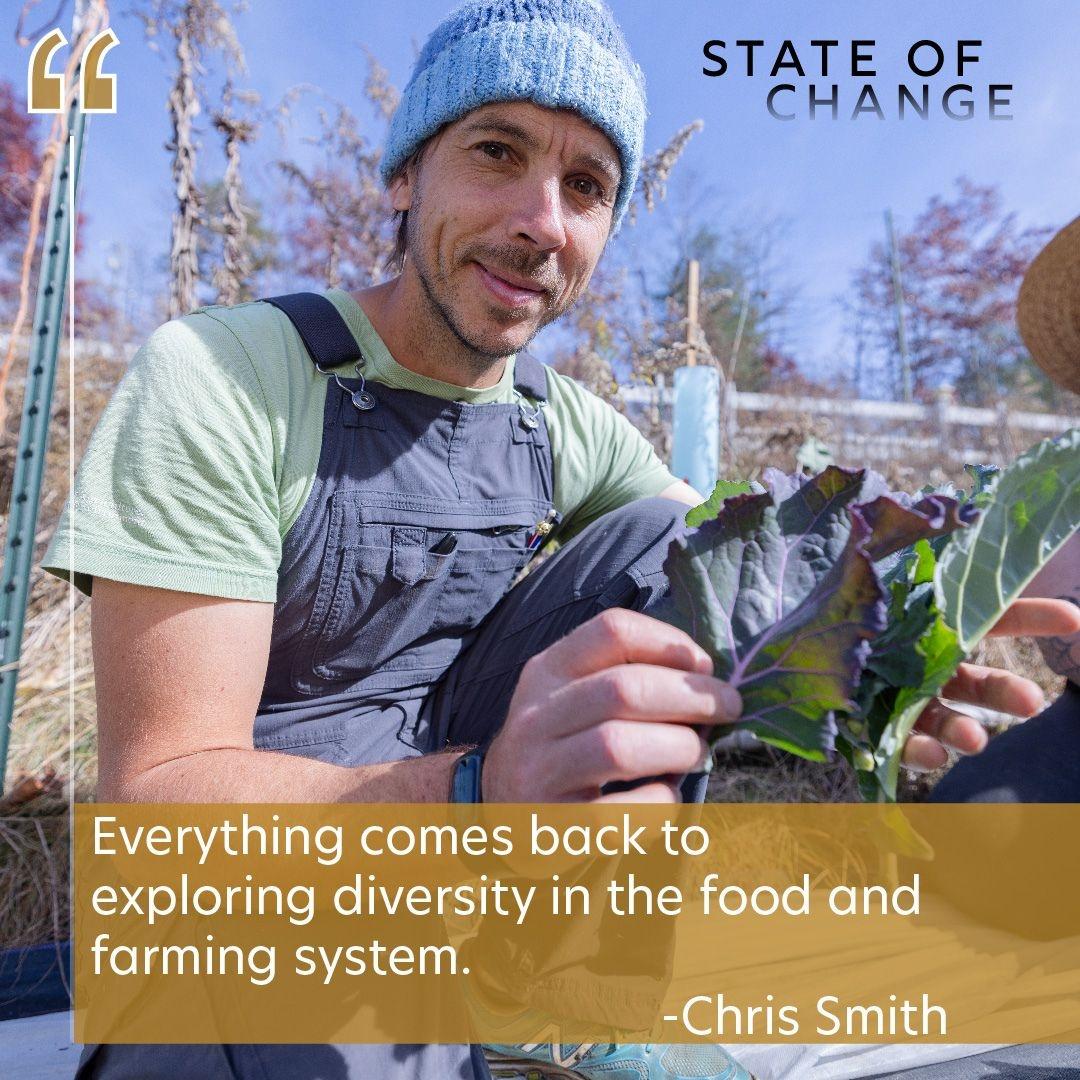
The Utopian Seed Project in western NC is developing regionally adapted varieties of crops and introducing tropical staples to increase resiliency.
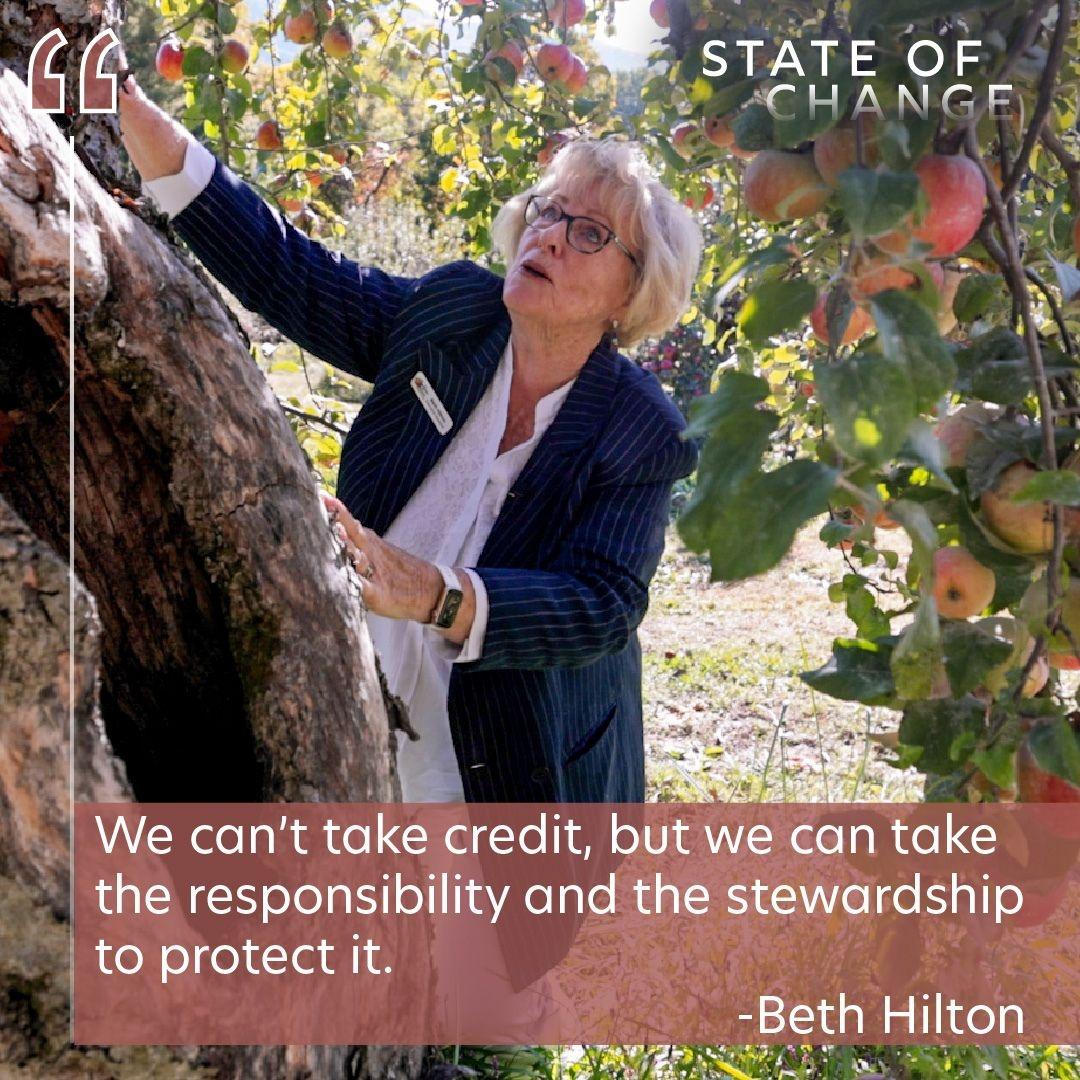
The Conservation Trust for NC and the Historic Orchard at Altapass work to strengthen climate resiliency along the Blue Ridge Parkway through land conservation.
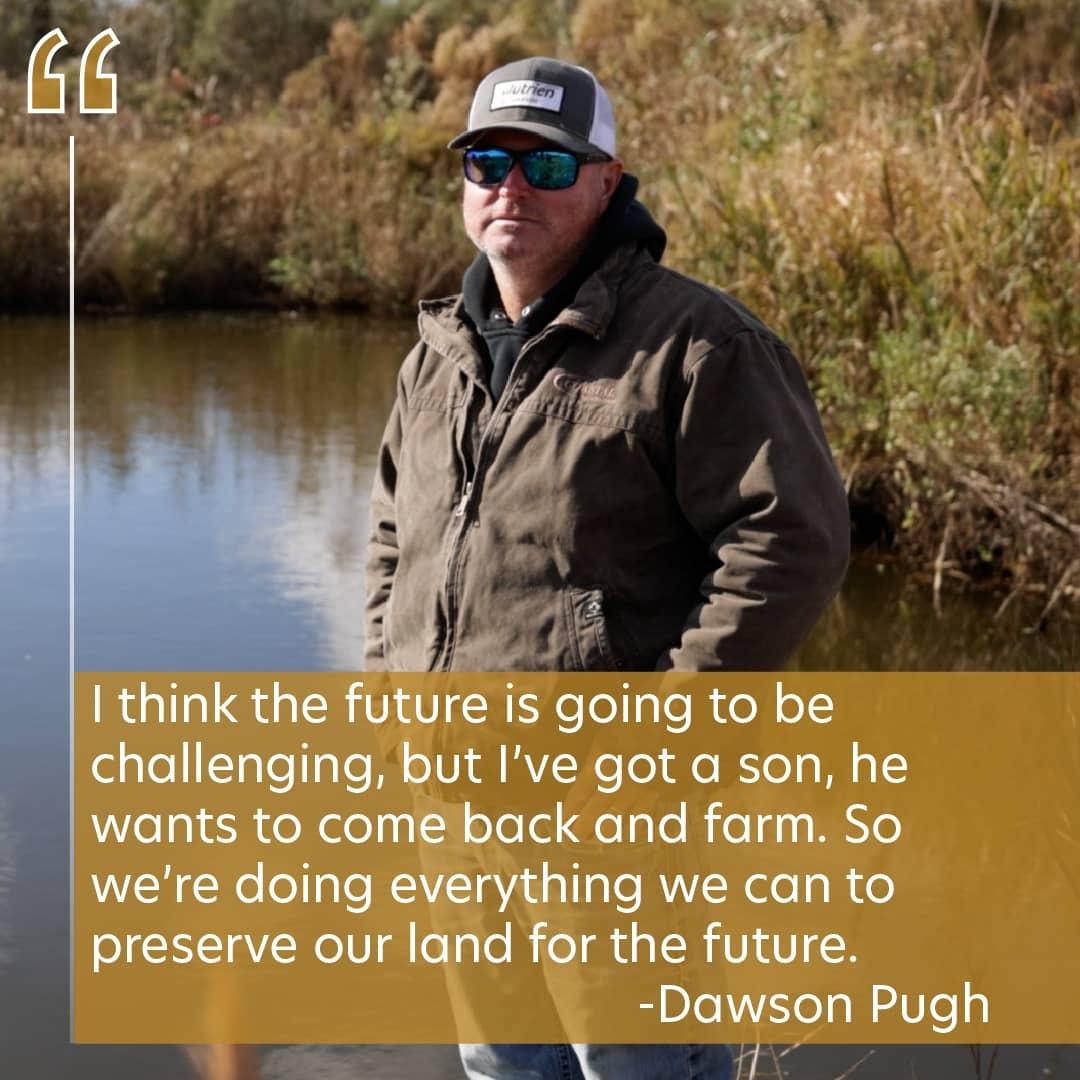
Coastal farmers in Hyde County work to keep their land productive in the face of saltwater intrusion.
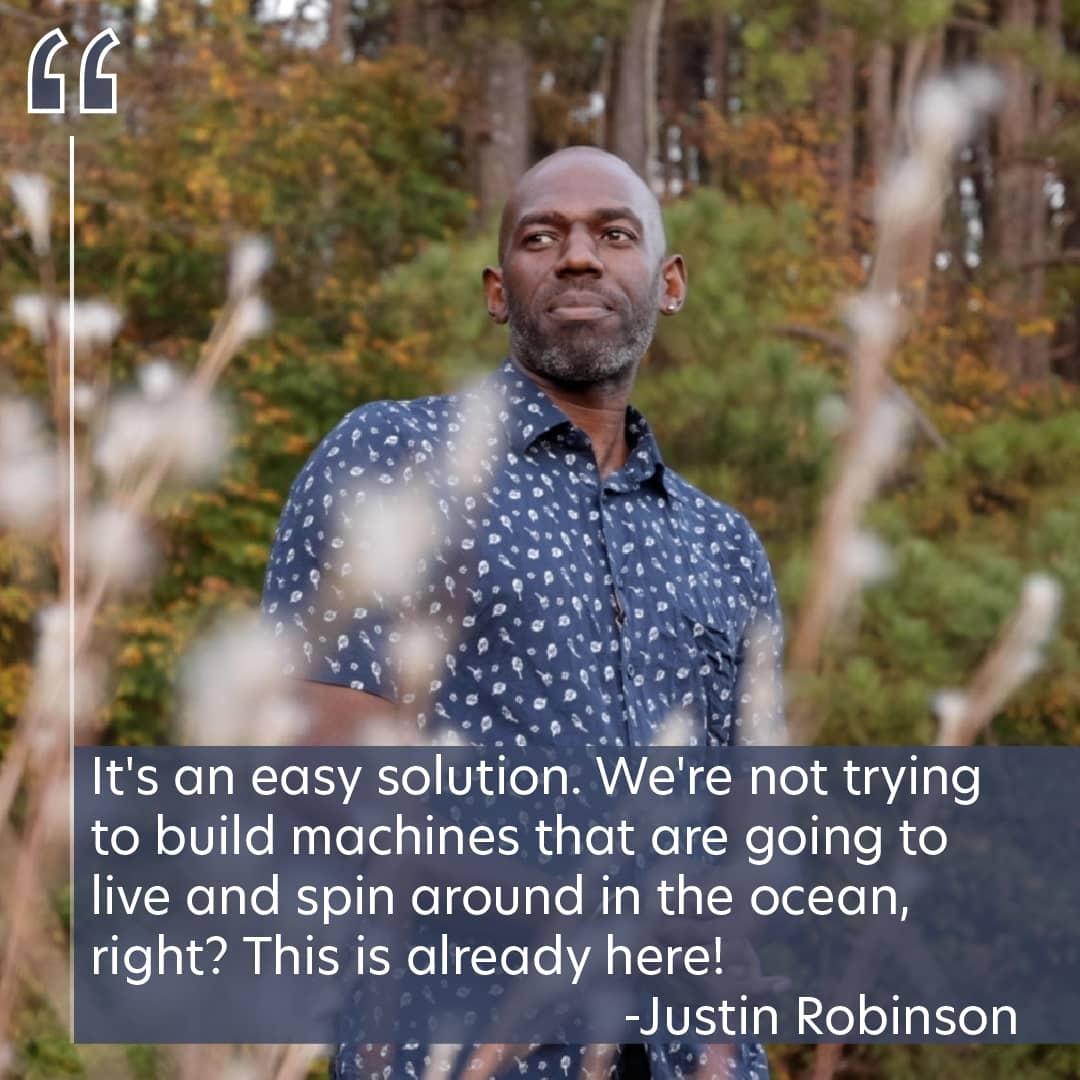
The low-maintenance plants of the Piedmont Prairie have a superpower: they store carbon deep underground.
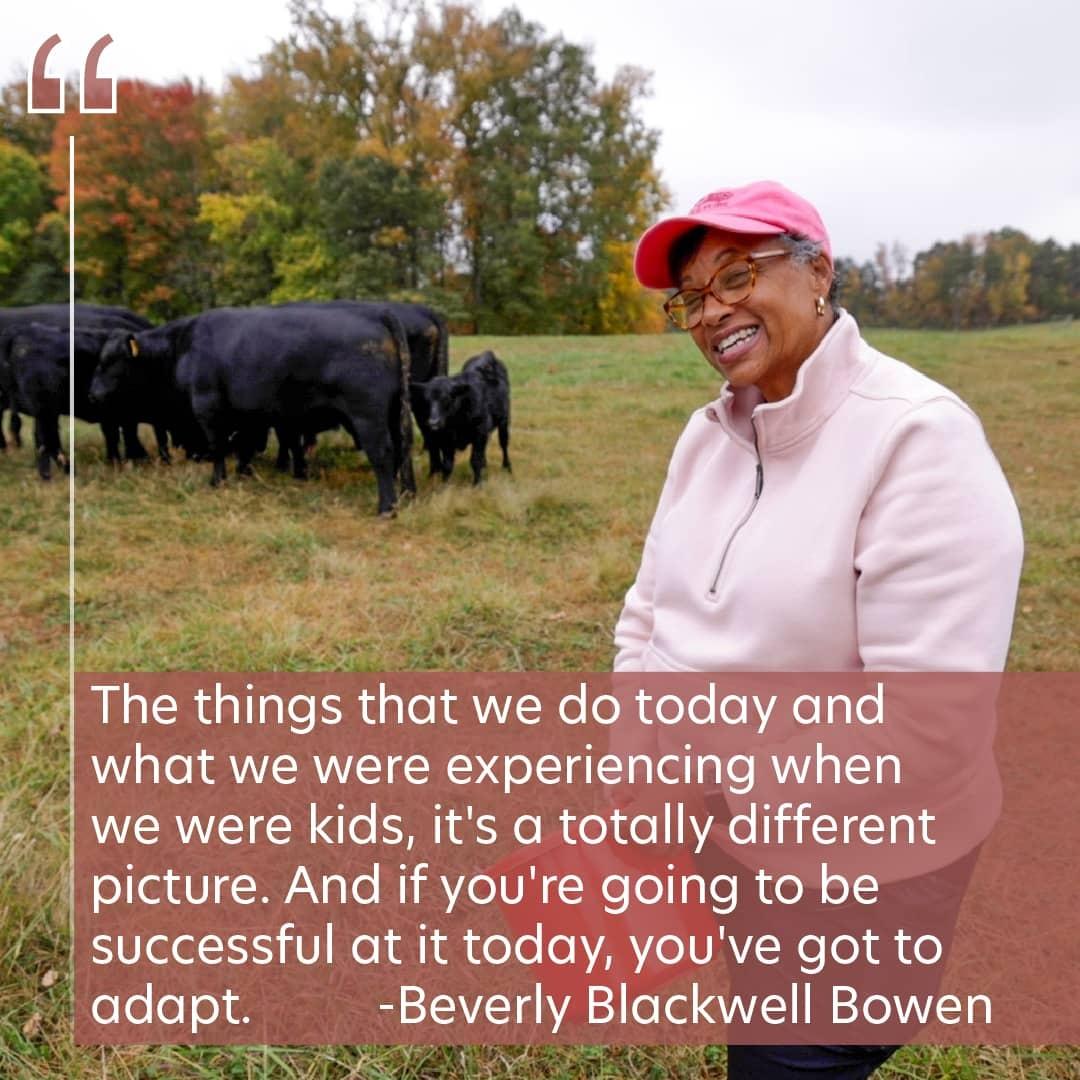
Farmers and researchers in Reidsville see the positive impacts of no-till agriculture.
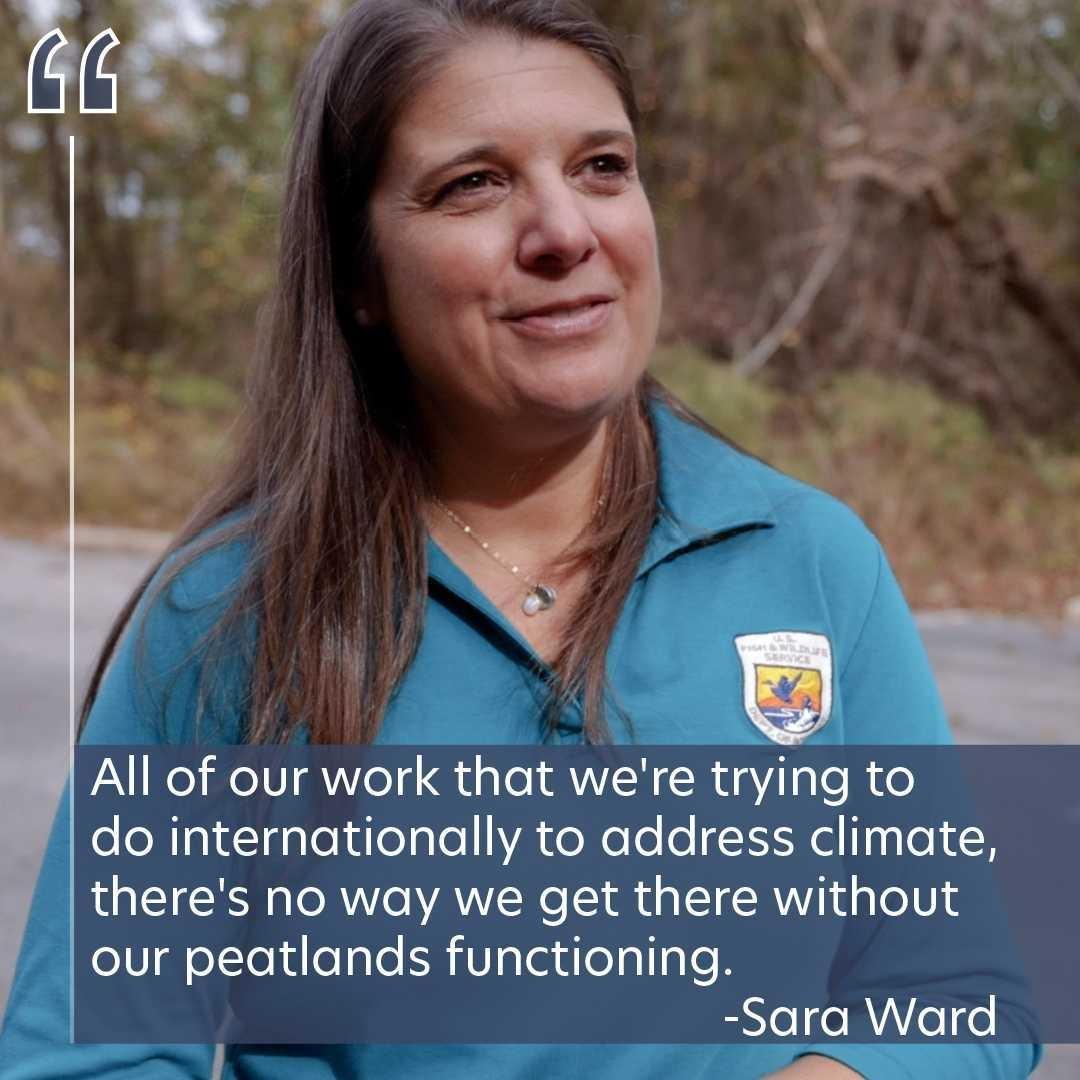
Unique wetlands on the NC coast are natural carbon storage ... if we keep them wet.
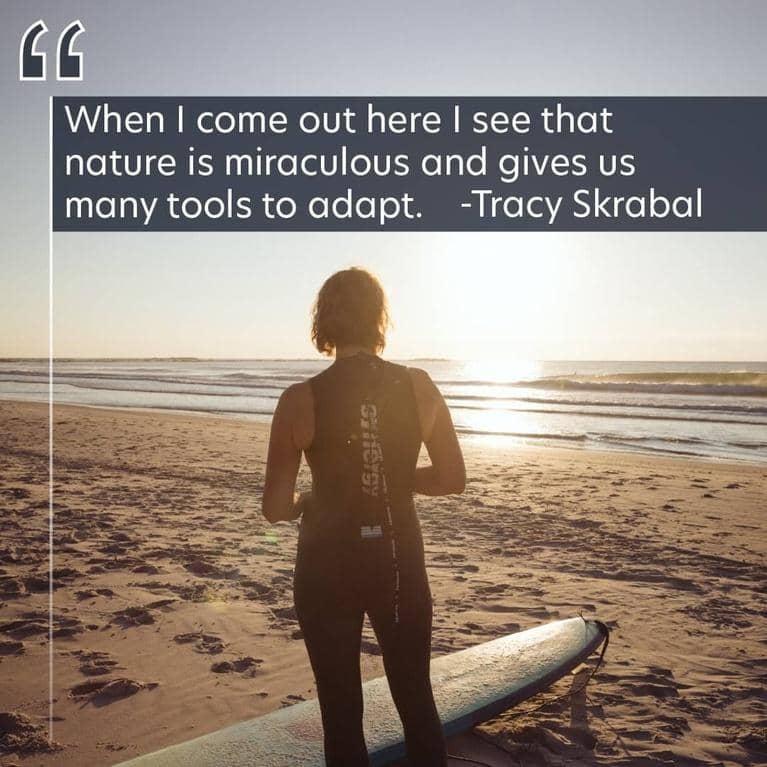
Coastal regions in the U.S. are some of the most densely populated areas in the country, and they are also the most vulnerable to sea level rise.
![Charles looks up among the trees. Text is "Because [these trees] are almost 3000 years old, they give us the story of weather east of the Rockies." -Charles Robbins](https://image.pbs.org/bento3-prod/pbsnc-redesign-phase-1/shows/state-change/64b02b4d6c_state-change-charles-robbins-quote-1080x1080.jpeg)
Our ancient trees are not just beautiful and majestic. They provide an accurate record of more than two millennia of weather east of the Rockies.
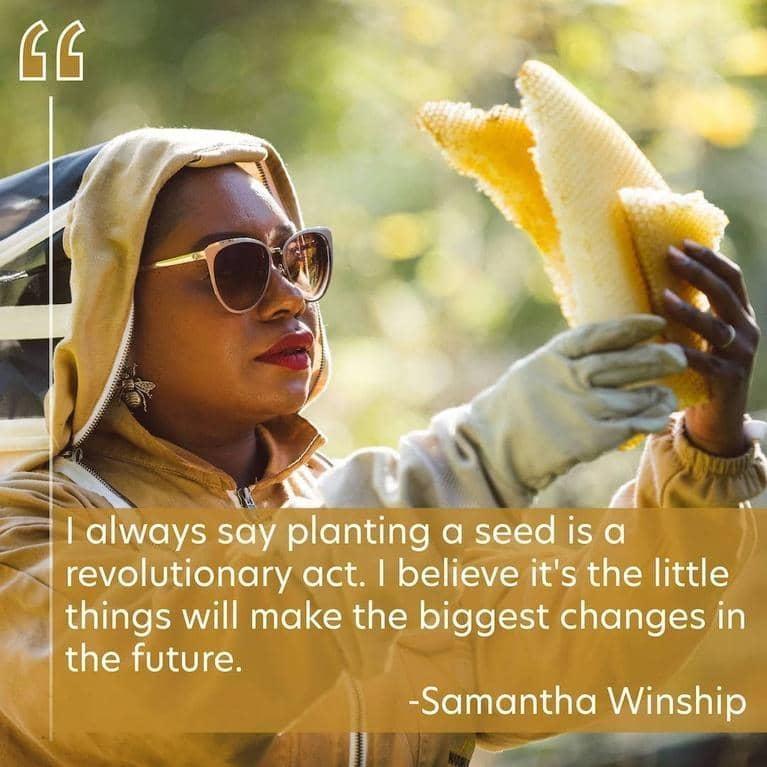
Farmers like Samantha Winship pay attention to shifting weather patterns. They know firsthand that the climate is changing.
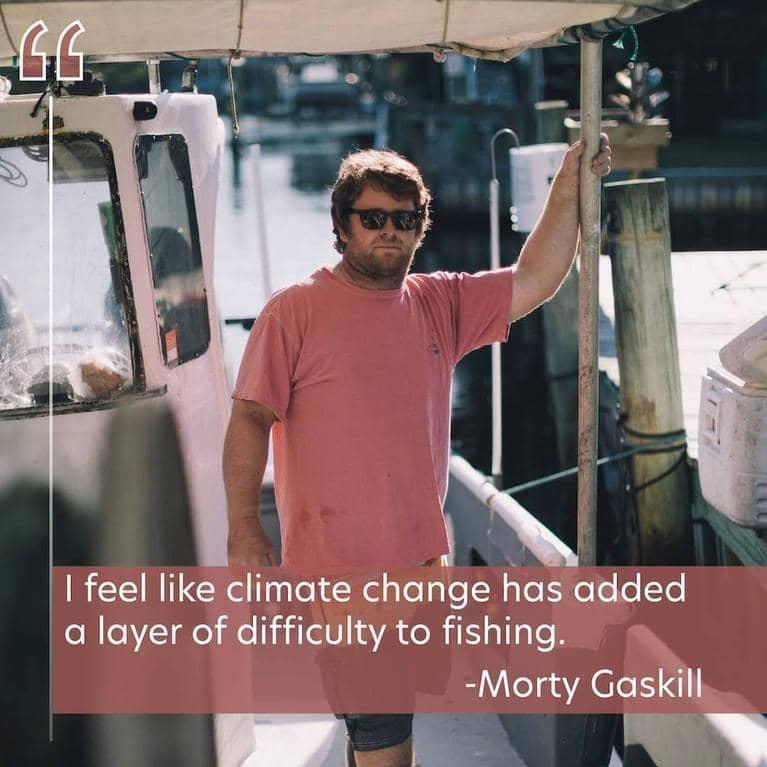
Warming waters present more change in diverse fisheries. Commercial fishers are adapting.